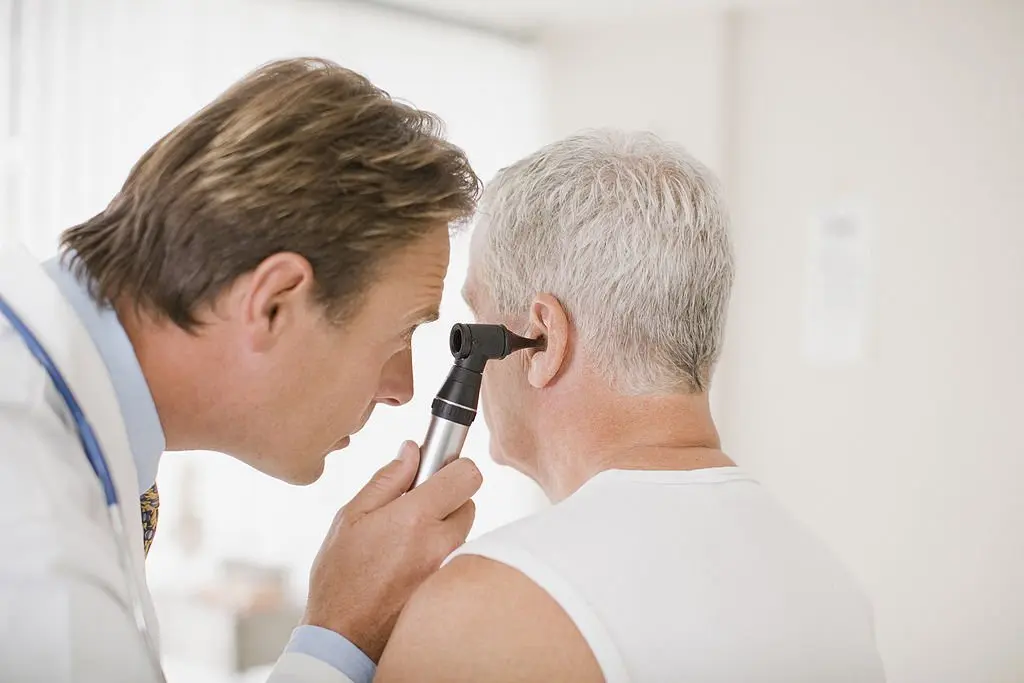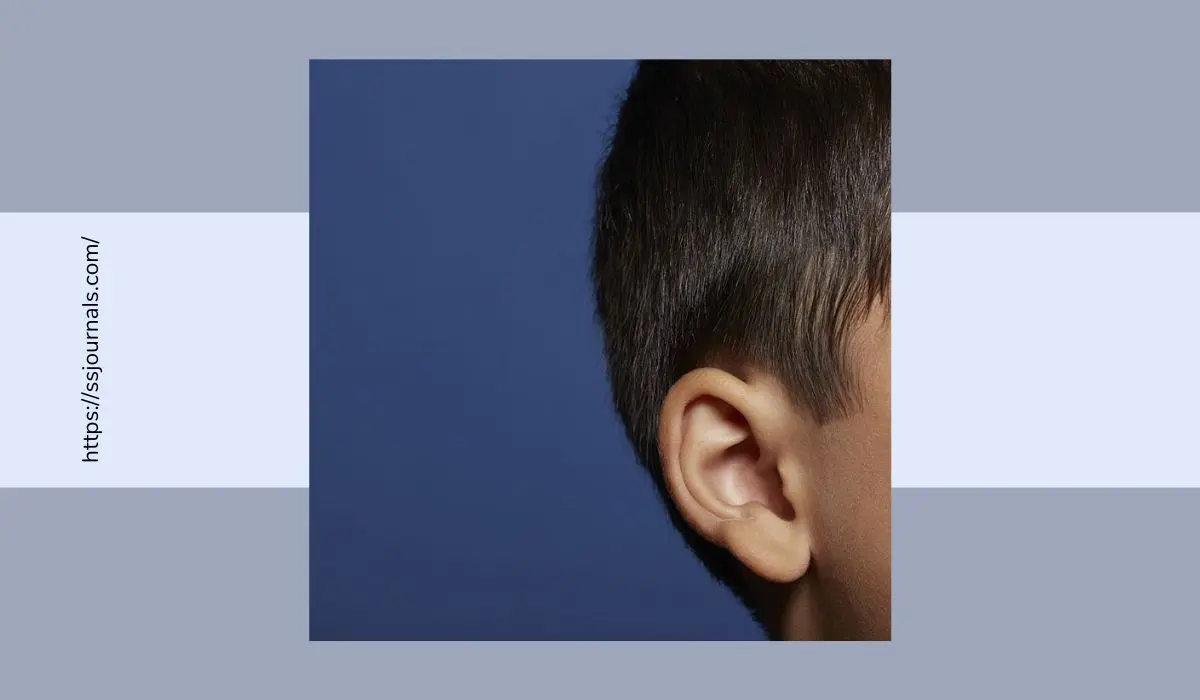Our ears are intricate and delicate organs that allow us to hear and maintain balance. Proper ear care is essential for good ear health and preventing infections. Unfortunately, many adults do not pay enough attention to caring for their ears. Practicing good ear hygiene can keep ears clean, prevent wax buildup, avoid damage, and reduce the risk of common ear conditions.
In this article, we will discuss 6 key ways adults can care for their ears along with hygiene tips, causes of infections, and the benefits of ear care.
6 Ways To Take Care Of Your Ears

1. Avoid Inserting Foreign Objects
Never insert cotton swabs, bobby pins, car keys or other objects into the ear canal. This can scratch the delicate skin and push wax deeper inside, leading to impaction. Use earplugs sparingly.
2. Be Gentle When Cleaning Ears
Gently wipe outer ears with a soft, damp cloth to remove dirt and debris. Never dig deep into the ear canal. Allow ears to self-clean and avoid over-cleaning.
3. Protect Ears from Loud Noises
Exposure to loud sounds can damage hearing over time. Wear protective earplugs or earmuffs when using loud machinery, attending concerts, playing in a band, etc.
4. Keep Ears Dry
Moisture breeds bacteria and fungi. Dry ears thoroughly after showering or swimming. Tilt head to allow water drainage. Avoid getting water trapped by using ear plugs.
5. Don’t Use Q-tips Inside Ears
Cotton swabs just push wax deeper and can cause injuries. Let the ears self-clean or see a doctor for blocked ears. Q-tips are fine for outer surface cleaning only.
6. See a Doctor if Pain Persists
See your doctor promptly if you have signs of infection like pain, discharge or ringing. Get annual hearing tests. Follow treatment plans for underlying conditions like allergies.
Causes Of Ear Infections
Some common causes of ear infections in adults include:
– Swimmer’s ear from water trapped in the ear
– Middle ear infection (otitis media) from colds, flu, allergies
– Outer ear infection (otitis externa) from bacteria, fungi
– Injuries from foreign objects inserted into the ear
– Chronic conditions like sinusitis, nasopharyngeal reflux, allergies
Practicing good hygiene and being aware of risk factors can help prevent many types of painful ear infections.
Benefits of Taking Care of Your Ears
Caring for your ears properly has many advantages including:
– Preventing painful ear infections
– Avoiding hearing loss associated with ear injuries
– Reducing earwax buildup and blockages
– Lowering the risk of swimmer’s ear from water exposure
– Detecting ear conditions early for prompt treatment
– Improving hearing and communication
– Maintaining balance and coordination
– Reducing the need for antibiotic treatment of ear infections
– Saving money on doctor visits and prescription drugs
Hygiene Tips for Adults
Follow these ear care hygiene practices for healthy ears:
– Never use cotton swabs or other objects inside the ear canal
– Avoid sticking fingers in ears as they carry germs
– Use earplugs when swimming to keep water out
– Dry ears thoroughly after showering or swimming
– Treat allergies and sinus issues to prevent fluids in the ear
– Get annual hearing evaluations
– Use over-the-counter wax softeners carefully if excess wax is an issue
– Wear protective ear gear when exposed to loud machinery, music, etc
– See a doctor right away for earaches, drainage, reduced hearing, ringing or dizziness
– Get ears checked if using hearing aids, ear buds or headphones frequently
– Keep ears free of jewelry and hair products that can trap moisture and bacteria
Conclusion
Our ears deserve proper hygiene and care to prevent problems like infections, hearing loss, blockages, discomfort and imbalance. Make ear health a priority by avoiding foreign object insertion, protecting from loud noises, keeping ears dry, getting annual check-ups, and seeing a doctor promptly if warning signs appear. With diligent ear care habits, adults can keep their ears clean and functioning optimally.
FAQ
For most people, gently cleaning the outer ears 1-2 times per week is sufficient. Let the ear’s natural self-cleaning process handle the canal. Over-cleaning can cause issues.
An itchy ear canal is usually caused by excess earwax blocking the ear. Allergies, fungal infections, dry skin, and rare inner ear conditions can also cause internal itchy ears. See a doctor to determine the cause.
In mild cases, a swimmer’s ear may clear up with over-the-counter ear drops, abstaining from swimming, and home remedies like vinegar-alcohol mixes. However, severe infections usually require antibiotic ear drops prescribed by a doctor.
Lack of ear care can lead to issues like earwax impaction, painful infections, swimmer’s ear, hearing loss over time, ringing in the ears, dizziness, and problems with balance. Caring for ears prevents many problems.
Gently wipe away crusty debris on the outer ears with a warm, damp cloth. Do not dig into the ear. For hardened wax deep in the ear canal, use doctor-recommended wax softening drops to loosen and flush out with warm water. See a doctor for assistance

